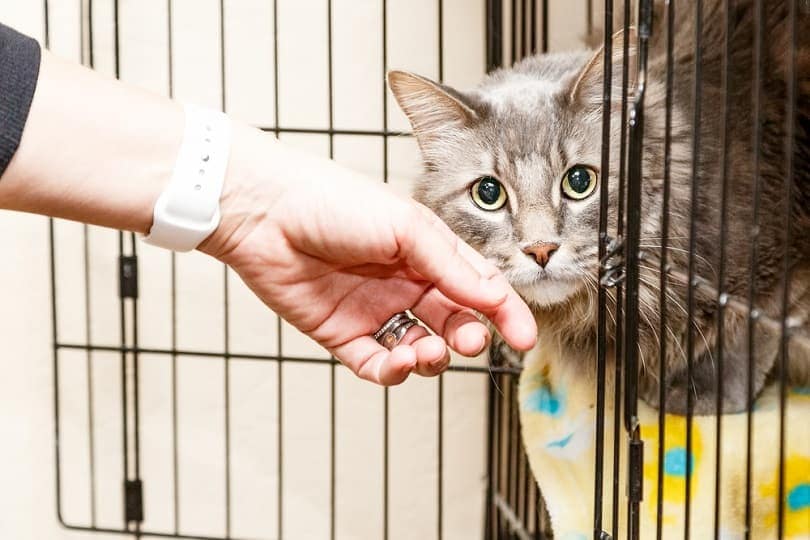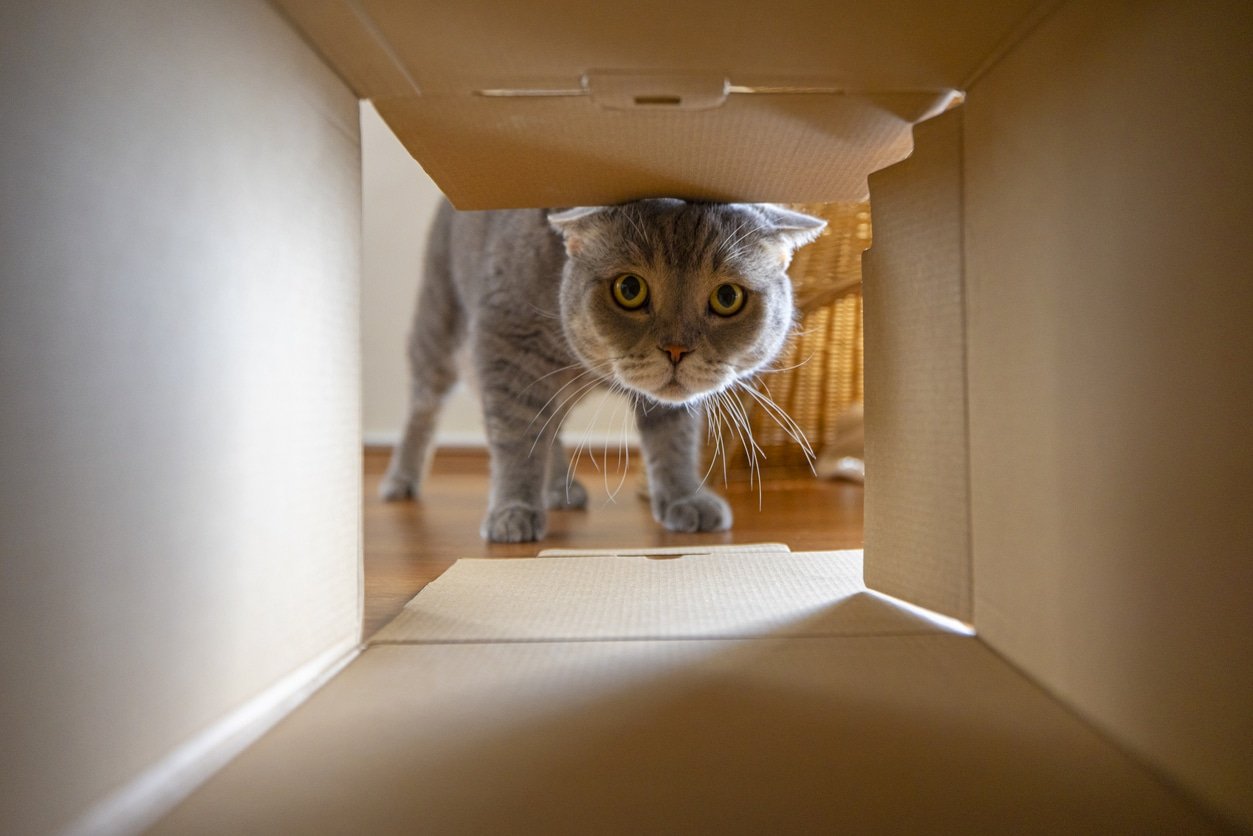How to Choose Quiet Smart Devices for Timid or Easily Scared Cats

A shy cat finding comfort in a safe space
1. Understanding Why Cats Get Scared
Cats like Dazhuang and Booding are naturally cautious. Sudden motion, mechanical sounds, or bright lights can trigger fear. According to Cornell University College of Veterinary Medicine, timid behavior often arises from early environmental experiences and overstimulation (Cornell Vet).
The ASPCA notes that predictability and routine are key for feline comfort. Loud or unpredictable sounds — like automatic feeder clicks or litter box motors — may cause avoidance behavior (ASPCA: Cat Behavior).
Behavioral studies show that gradual exposure with positive reinforcement reduces fear responses in cats (PMC 9029339, 2022).

Cats are naturally cautious creatures
2. Choosing Calm and Quiet Smart Devices
For shy cats, select devices that are:
Low-noise and low-vibration
Smooth in motion
Odor-neutral and softly lit
Customizable via app for quiet schedules
Devices like Tikpaws Smart Pet Series feature silent motors and smooth operation, allowing sensitive cats like Dazhuang and Booding to adapt comfortably (MDPI Veterinary Sciences).
3. Key Features That Help Timid Cats Adapt
Look for:
Noise <40 dB
Gradual motion mechanisms
Safety sensors to pause operation when cats approach
App control for feeding and cleaning schedules
Stable base design and odor control
These features reduce stress and help cats like Booding (a large-bodied cat who needs a spacious litter box) feel safe.

A cat comfortably using a smart pet device
4. Step-by-Step Guidance for Each Device
4.1 Cat Scared of the Water Fountain
Let the cat explore the fountain when it's off.
Drop a few treats to encourage curiosity.
Start with continuous-flow mode for predictability.
Gradually switch to sensor mode once the cat drinks comfortably.
Place in a quiet, low-traffic area.
Tikpaws Smart Water Fountain (View Product) uses a quiet pump (<35 dB) and anti-vibration design, ideal for timid cats like Dazhuang. Proper hydration is essential for urinary health (VCA Cat Hydration).
4.2 Cat Scared of the Smart Feeder
Start with manual feeding to familiarize the cat.
Activate the feeder from a distance initially.
Use voice recording for reassurance.
Choose a quiet model like Tikpaws 7L Smart Feeder (View Product).
Gradual exposure and positive reinforcement reduce fear in cats (PubMed 37762745).
4.3 Cat Scared of the Smart Litter Box
Let the cat explore in manual mode first.
Keep cleaning cycles off initially.
Switch to delayed cleaning mode after the cat leaves.
Reward exploration with treats.
Use a quiet model like Tikpaws CB Series Smart Litter Box (View Product).
For detailed guidance, including real owner experiences introducing shy cats, see How to Introduce a Smart Litter Box to a Shy Cat.

Creating a comfortable environment helps shy cats adapt
5. Tips to Help Shy Cats Gain Confidence
Maintain consistent routines.
Avoid placing devices in loud, high-traffic areas.
Provide hiding spots or elevated perches.
Reward calm exploration with treats.
Introduce one device at a time to reduce overwhelm.
